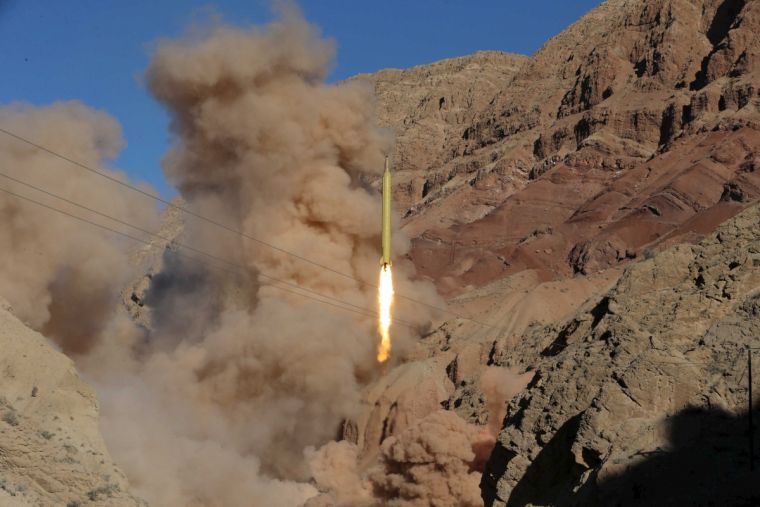Christians unite to back historic UN treaty banning nuclear weapons
Leading Churches and Christian groups have welcomed a United Nations (UN) treaty calling for a global ban on nuclear weapons.
The UN's Treaty on the Prohibition of Nuclear Weapons was adopted at a conference in New York and has been described as 'the first multilateral legally-binding instrument for nuclear disarmament to have been negotiated in 20 years'.

The treaty has since been applauded by groups including the World Council of Churches (WCC), the Church of Scotland, Quakers in Britain and the Joint Public Issues Team (JPIT), according to Churches Together in Britain and Ireland.
'This is an imperfect treaty, but it is hugely significant as a step towards stigmatising and de-legitimising these weapons. And it will certainly go down in history as one of the most important nuclear disarmament treaties of all time,' said Tim Wallis, peace and disarmament programme manager for Quakers in Britain.
The treaty was backed by a vote of 122 in support and one country (Netherlands) against, and prohibits the testing, producing, stockpiling, and use or threat of use of nuclear explosive devices.
Nuclear-weapons states including the UK, US and France did not join the negotiations, and the three nations issued a joint statement in response to the treaty, saying: 'we do not intend to sign, ratify or ever become party to it. Therefore, there will be no change in the legal obligations on our countries with respect to nuclear weapons.'
'This initiative clearly disregards the realities of the international security environment,' they said. 'Accession to the ban treaty is incompatible with the policy of nuclear deterrence, which has been essential to keeping the peace in Europe and North Asia for over 70 years.'
Speaking in support of the treaty, the Rev Dr Richard Frazer, convener of the Church of Scotland's Church and Society Council, said: 'While there is much more that needs to be done before we can rid the world of nuclear weapons, this represents a significant step forward and will make the possession of these weapons morally and practically more difficult.'
Steve Hucklesby of the cross-denominational group JPIT said: 'This treaty will help to tarnish highly distasteful and dangerous rhetoric of the type that we saw in the recent General Election campaign, where government ministers and others talked of using the UK's nuclear weapons in a first strike capacity.
'But more crucially because it makes clear that the majority of the world's states accept the very solid legal grounds that 'any use of nuclear weapons would be contrary to the rules of international law applicable in armed conflict, in particular the principles and rules of international humanitarian law.'
The JPIT has produced a briefing explaining the ban treaty, and inviting readers to take action by contacting their MPs.
'Churches now have a fine opportunity to help with the next step,' said the general secretary of the World Council of Churches, Rev Dr Olav Fykse Tveit.
'We can all urge our governments to sign and ratify the treaty and then to see that it is implemented'.
In 2015, Pope Francis used the 70th anniversary of the bombing of Nagasaki to call for an end to nuclear weapons. He said at the time: 'With war one always loses. The only way to win a war is never to wage it.'











